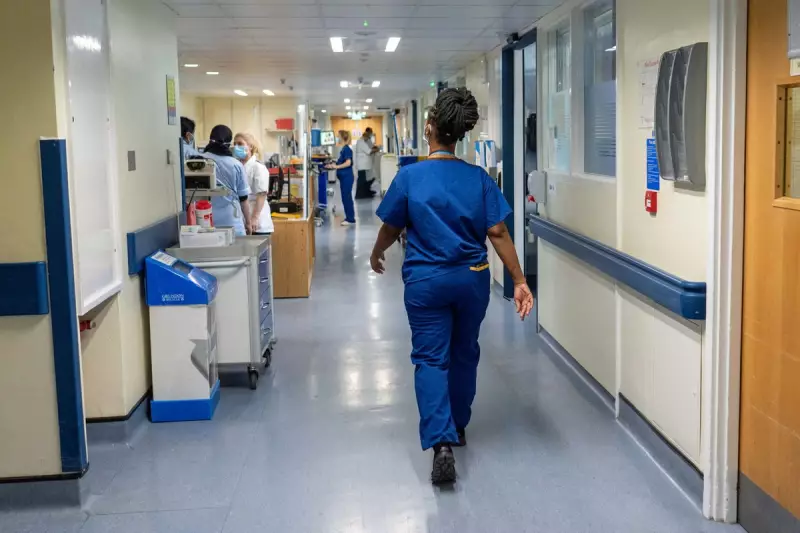
The NHS is embarking on a transformative digital overhaul that will fundamentally change how emergency patients access specialist care. Under new plans announced by NHS England, hospital emergency departments will be empowered to make direct digital referrals to specialists, effectively bypassing the traditional requirement for GP involvement.
Streamlining Emergency Care Pathways
This groundbreaking initiative aims to create a more efficient and patient-centred approach to emergency care. Instead of sending patients back to their GP for a referral after initial assessment in A&E, hospitals will now have the capability to directly book appointments with the appropriate specialists using digital systems.
The move represents a significant shift in healthcare delivery, potentially saving thousands of patients unnecessary steps in their treatment journey. This could dramatically reduce waiting times and prevent the frustrating cycle of hospital visits followed by GP appointments for referral purposes.
Digital Transformation at the Core
At the heart of this change is the NHS's commitment to digital innovation. The new system will utilise advanced digital platforms that enable seamless communication and appointment booking between hospital emergency departments and specialist services.
Health officials emphasise that this isn't about replacing GPs but about creating a more integrated healthcare system. The technology will ensure that patient information flows securely between services while maintaining comprehensive medical records.
Benefits for Patients and the NHS
The anticipated benefits of this digital transformation are substantial:
- Reduced waiting times for specialist treatment
- Fewer unnecessary appointments and duplicated efforts
- Improved patient experience through streamlined care pathways
- Better resource allocation across the healthcare system
- Enhanced coordination between emergency and specialist services
This initiative forms part of the NHS's broader recovery plan to address backlogs and improve access to care following the pandemic pressures. By cutting bureaucratic hurdles and leveraging digital technology, the health service aims to provide faster, more efficient care to those in urgent need.
Implementation and Future Outlook
While the rollout timeline may vary across different NHS trusts, the direction is clear: digital integration is the future of patient referrals. The success of this programme could pave the way for further digital innovations within the NHS, potentially transforming other aspects of healthcare delivery.
As the NHS continues to evolve in the digital age, patients can expect to see more technological solutions designed to make healthcare more accessible, efficient, and responsive to their needs.





